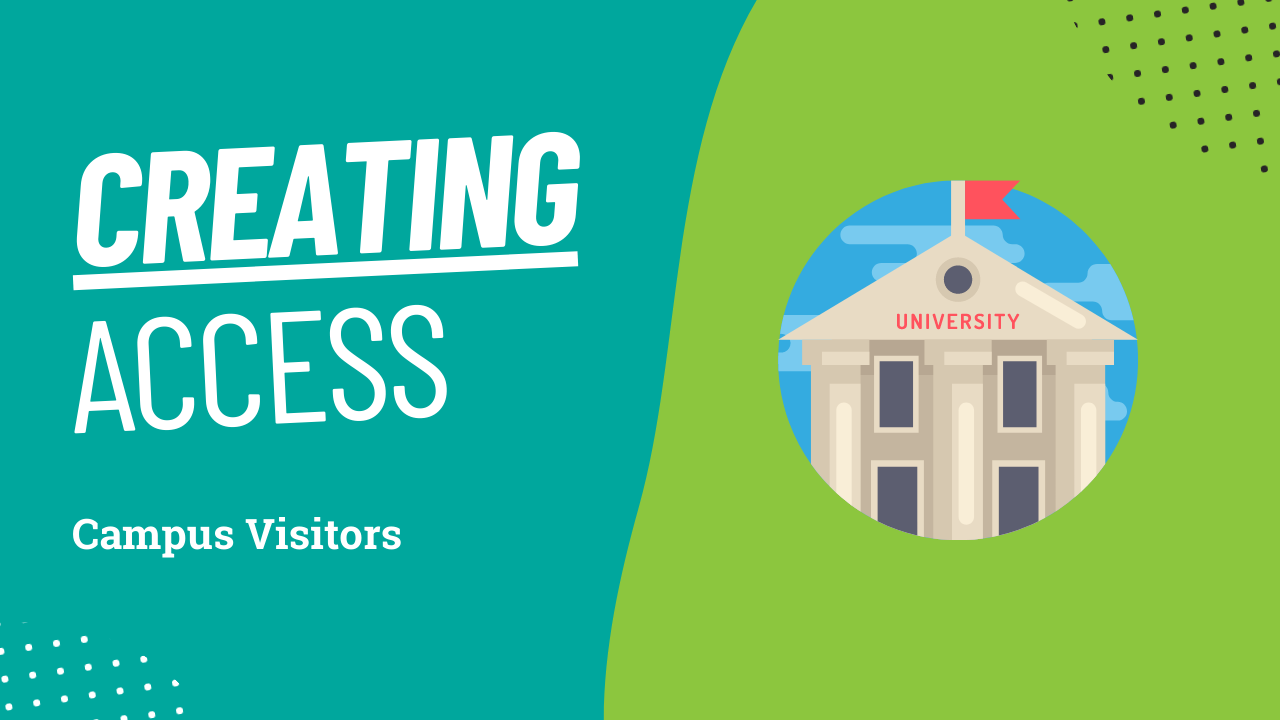Overview
All postsecondary campuses, including community colleges, vocational training programs, and four-year universities, must ensure their programs, activities, and meetings are accessible to all visitors. This includes but is not limited to the following:
- Orientation sessions that are open to family members
- Public speaking events advertised to the community
- Fine arts, theatre performances, career fairs, or other extracurricular activities
- College open houses and recruitment events
- Football games or other sporting events
This mandate also applies to any activities co-sponsored or hosted with an outside organization on campus. In these instances, it is prudent to work cooperatively to best ensure event accessibility that is effective and cost efficient.
What law applies in this situation?
The Americans with Disabilities Act (ADA) as amended in 2008 addresses public access. The Department of Justice’s ADA Requirements: Effective Communication handout states, “The ADA requires that Title II entities (state and local governments) and Title III entities (businesses and nonprofit organizations that serve the public) communicate effectively with people who have communication disabilities. The law’s goal is to ensure that communication with people with these disabilities is equally effective as communication with people without disabilities.”
Title III was also amended to require that entities communicate effectively with companions who have disabilities. The same document referenced above states: “The term ‘companion’ includes any family member, friend, or associate of a person seeking or receiving an entity’s goods or services who is an appropriate person with whom the entity should communicate.”
Title III entities are encouraged to consult with the person making the request to determine if the auxiliary aid is appropriate. The end goal is to ensure that the aid or service is effective and allows everyone in the situation an equal opportunity to participate.
What is the institution’s responsibility?
It is reasonable to establish a policy in which accommodation requests must be made in advance of an event. However, the person coordinating the services must make a good-faith effort to make the event accessible, even if it is a last-minute request. When a request is made, primary consideration should be given to the specific accommodation requested. In some situations, alternative accommodations may be considered. However, the requestor should be included in the planning process to ensure equal access to the event.
Policies regarding who arranges and pays for the event accommodations vary. At some institutions, the disability services office handles the requests and payments. At other institutions, individual departments or divisions arrange for and fund needed accommodations. The deaf individual is never responsible for the cost of accommodations.
What are some examples of common auxiliary aids and services for deaf people?
- Qualified sign language interpreters in person or through video remote interpreting (VRI) services
- Note takers
- Real-time captioning
- Telephone handset amplifiers
- Assistive listening devices and systems
- Telephones compatible with hearing aids
- Closed caption decoders
- Open or closed captioning
- Voice, text, and video-based telecommunications products and systems, including text telephones (TTYs), videophones, and captioned telephones or equally effective telecommunications devices
- Videotext displays
Determine your institution’s funding policy and procedures for accommodation requests before you receive a request. Designate the party or office that is responsible for coordinating accommodations for the event. Include an accessibility statement in the event advertisement. The statement should provide information about how to request an accommodation and who to contact. Consider having all your visual media captioned. Captioning provides many benefits, including the ability to understand a video in a noisy environment (resulting in access to all).
Related Resources
- The Americans with Disabilities Act (Videos):
click here - ADA National Network—Effective Communication Fact Sheet:
click here - ADA National Network—Guide to Making Temporary Events Accessible:
click here - U.S. Department of Justice—Effective Communication Guide:
click here
Additional resources on this subject may be available at click here






